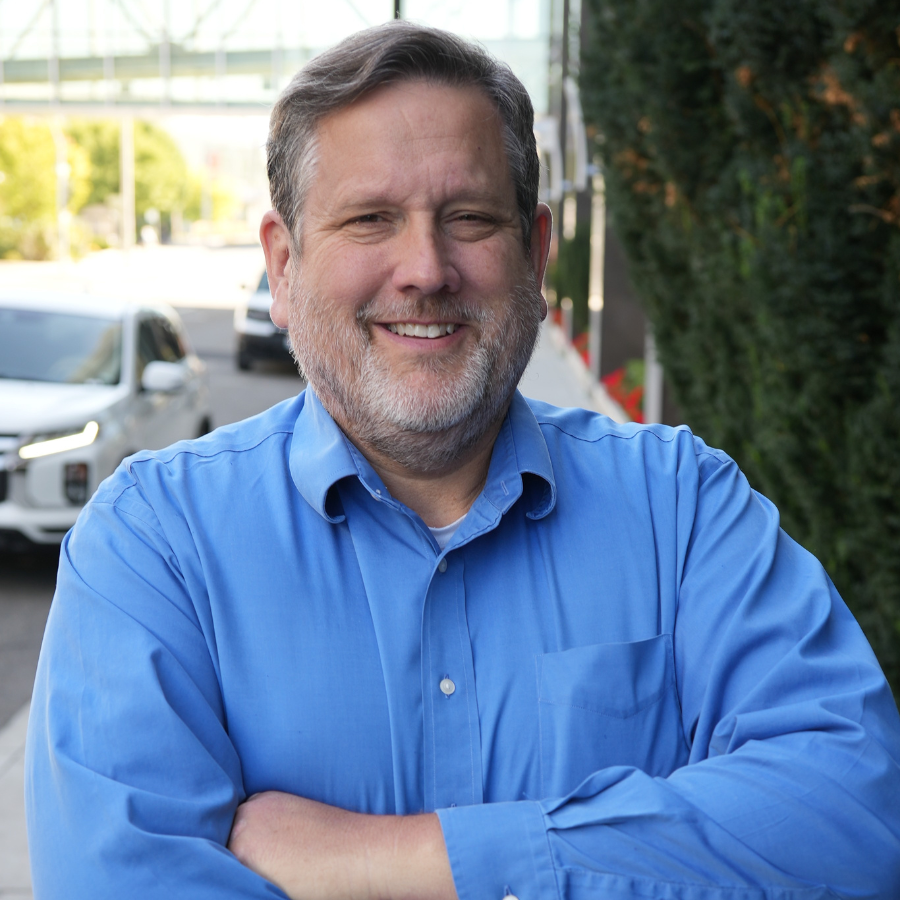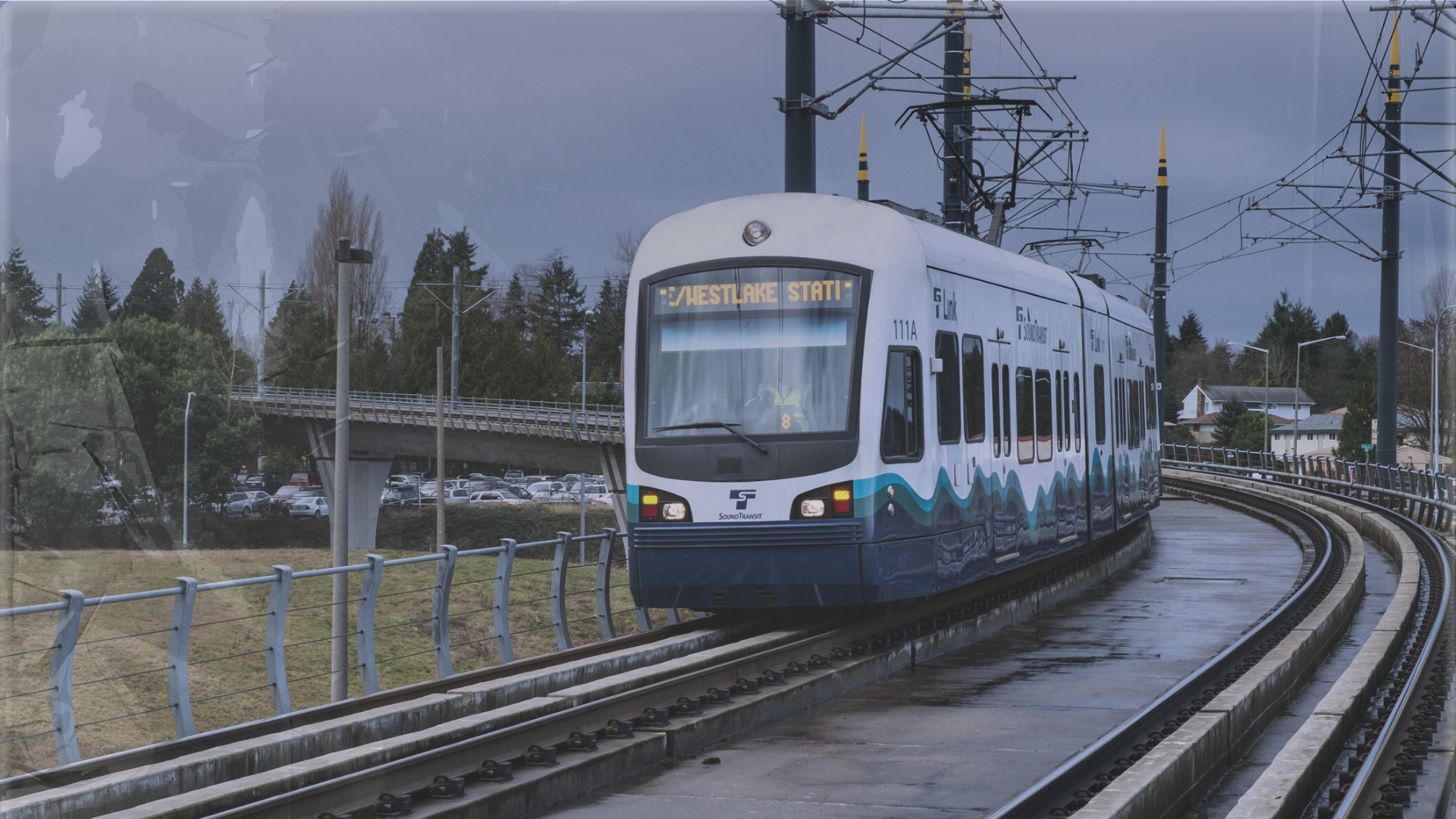WSF are not likely to resume their international service any time soon. Kitsap Sun reporter Nathan Pilling Tweeted about it:

Charles Prestrud, WPC's new Coles Center for Transportation director, had already said as much recently in an internal assement, so the situation was no surprise at the WPC office. Pilling detailed more issues with WSF service between Bremerton and Seattle in The Kitsap Sun , and on Twitter some quickly pounced on what they saw as the root of the ferry system's pains - not legislative and executive priorities over the years but Tim Eyman and the notoriously right-wing voters of Washington state!
Here's the take from a self-identified "Progressive" organization (I've taken the liberty of combining a couple Tweets into one):
Right wing initiatives have consequences. Washington State Ferries has never recovered from #waleg's implementation of I-695. That decision remains disastrous - absolutely disastrous - 23 years later.
Here we are in 2023 and WSF is saying there will potentially be no ferry service to Sidney for the rest of this decade. Defunding our ferries was a choice. When #waleg capitulated to Eyman and his drown the government in a bathtub cohorts, these are the consequences it queued up.
Of course, inquiring minds reading this take want to know if it's true. Did the state have no other way of properly funding the ferry system? Was it impossible to ways to streamline rules to do more with the resources they have? Has our fair state been choked of tax revenue? Is the approximate 178.3% inflation-adjusted increase in state spending per person since 1970 not nearly enough? And when including all funds, what about the approximate 231.6% inflation-adjusted increase per person -- is that even enough?
I considered (very, very briefly), if it were true. Is this lack of WSF service to be blamed on Eyman, the voters of Washington, and officeholders who went along with the ill-informed, near-supermajority of Washington voters rather than stand enlightened against the greedy mob, point to the Court's decision throwing 695 out, and collect high MVET taxes as they had previously done?
"What about the taxes the legislature already receives?" I thought, "And are there any practices or regulations in the state that could change so that Washington could do more with less? Couldn't the state have used some of the Carl-Sagan-like billions and billions of surplus revenue it has enjoyed over recent years to provide for WSF?"
Quickly, an email from Prestrud delivered the answer I suspected. Eyman and those pesky Washington voters were in the clear:
I-695 shouldn't be blamed for WSF's failure to upgrade their fleet. Misguided priorities have been the bigger obstacle. Over the last dozen years the legislature could have provided more funding for WSF but they chose to spend billions in new revenue on other projects. Nor can I-695 be blamed for the massive cost increases for new WSF vessels.
It's a case of priorities and trade-offs. It's hard to prioritize some needs (like road maintenance) because the reward for the prudent officeholder who makes such things priorities may not reach anywhere near the level of political reward (in headlines, stories, or constituent appreciation/loyalty) for a new program or an addition to an existing program -- at least until something breaks. But I found it entertaining that in the aftermath of the incredible growth in state revenue since 1999's I-695, that this one tax-cutting measure could be blamed for WSF's service issues, plus spark this ominous warning tweet from the same self-styled "Progressive" organization on Twitter:
It is imperative that we learn from these mistakes and not repeat them. Austerity measures, tax cuts, and other right wing economic schemes are ruinous. We must reject them, and instead invest in Washington's future.
Here we are, awash with many years of stunning tax revenue surpluses, almost 40 years of single-party ("Progressive") rule over the executive branch and relatively few interruptions in the same for the legislative branch, yet in the midst of a time when inflationary measures are slashing their way into Washington families' paychecks, this Progressive organization sees the priority as warning Washingtonians of "austerity" measures that have allowed the state to harvest these unheard-of levels of revenue, and to warn of entertaining the idea of tax cuts, which I imagine is a warning against considerting a broad-based cut to the state sales tax which hasn't happened since 1982.
Of course, I like their desire for us to invest in "Washington's future." The problem is in how it's defined. For them, I think this tweet sums it up:
The time is perfect to pass a wealth tax. #waleg
Seems like record revenue surpluses might inspire one to finally grant that cut to the state sales tax rate. In my mind, investing in Washington's future doesn't have to mean taking more money from them. If you let them keep more of what they earn, that's an investment too. That's allowing people to invest in themselves. And keeping Washington competitive for start-ups and high tech jobs is an investment in our future too.
The self-styled Progressive group also tweeted what was supposed to be a dig at WPC, slamming us with an uppercut that would have left '80s arcade classic "Glass Joe" standing strong and ready for more. They tweeted, "right wing think tanks like WPC claimed 'the sky didn't fall' [due to I-695]."
Of course, the "right-wing" label is attached even though the issue attracted more than 57 percent of Washington voters' support, but the truly amusing thing is that WPC's observation reads more like a prophecy than a warning. The sky didn't fall.
And if the state would finally provide a cut to the state sales tax rate as WPC has long-recommended, the sky won't fall then either.





